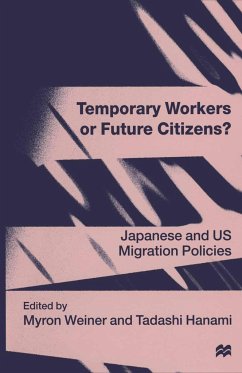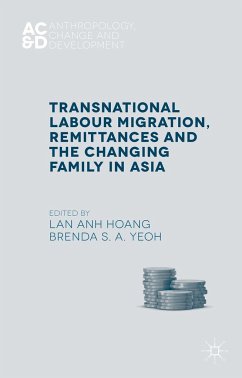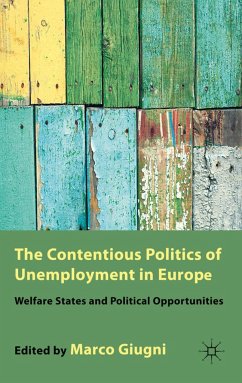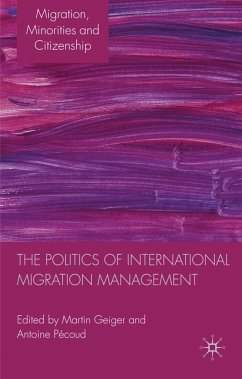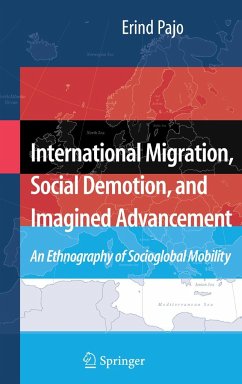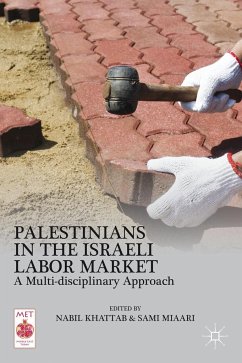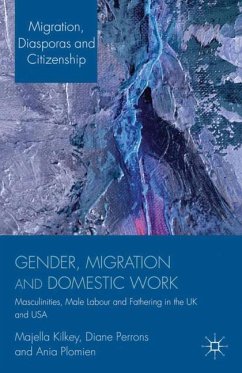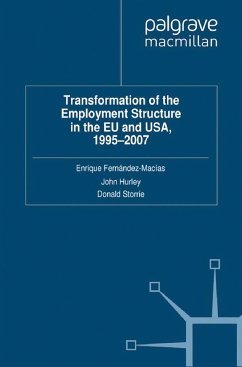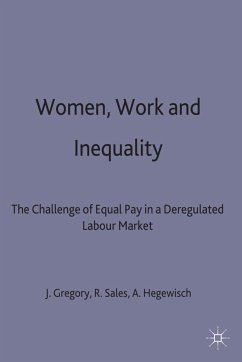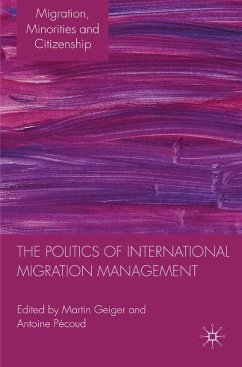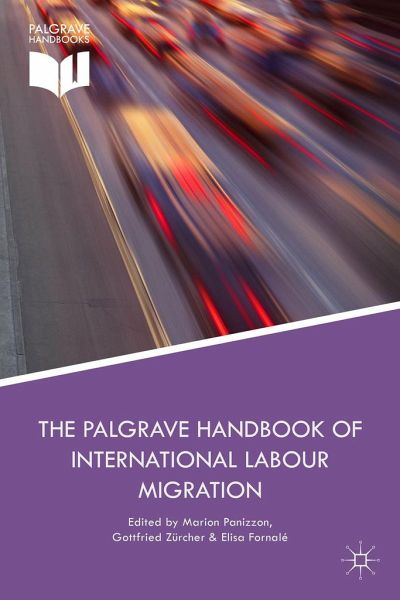
The Palgrave Handbook of International Labour Migration
Law and Policy Perspectives
Herausgegeben: Panizzon, M.; Zurcher, G.; Fornalé, E.; Zürcher, Gottfried
Versandkostenfrei!
Versandfertig in 6-10 Tagen
175,99 €
inkl. MwSt.

PAYBACK Punkte
88 °P sammeln!
This authoritative state-of-the-art reference collection maps the changing landscape of labour mobility. It explores the dialectic between state sovereignty and market-based logic, which is transforming the speed, scope and scale of trans-boundary migration for employment.Faced with the absence of a multilateral treaty and of a global architecture, governments today are turning to bilateral agreements as the preferred mode of migration governance to deal with the cross-border movement of capital and persons. Recently, private actors have challenged state regulations to increasingly bypass the ...
This authoritative state-of-the-art reference collection maps the changing landscape of labour mobility. It explores the dialectic between state sovereignty and market-based logic, which is transforming the speed, scope and scale of trans-boundary migration for employment.
Faced with the absence of a multilateral treaty and of a global architecture, governments today are turning to bilateral agreements as the preferred mode of migration governance to deal with the cross-border movement of capital and persons. Recently, private actors have challenged state regulations to increasingly bypass the complexities of their immigration laws and policies. This duality
between immigration regulations and the market-based logic of trade agreements offers the opportunity to conduct a deep examination of the relationship between labour migration and the state-centred regime.
This insightful collection offers a conceptual framework for the development of interdisciplinary approaches to the management of labour mobility including transnationalism, economics, legal and social sciences. Eminent scholars from various disciplines and perspectives analyze labour mobility issues across the major countries of origin and destination over four continents, with an emphasis on theoretical reflection and empirical analysis.
The Palgrave Handbook of International Labour Migration goes beyond the assumption that states are the only actors in the design and implementation of migratory policies. It maps the field, framing legal and political questions to address the main elements of labour mobility, including the limits and challenges of state action.
Faced with the absence of a multilateral treaty and of a global architecture, governments today are turning to bilateral agreements as the preferred mode of migration governance to deal with the cross-border movement of capital and persons. Recently, private actors have challenged state regulations to increasingly bypass the complexities of their immigration laws and policies. This duality
between immigration regulations and the market-based logic of trade agreements offers the opportunity to conduct a deep examination of the relationship between labour migration and the state-centred regime.
This insightful collection offers a conceptual framework for the development of interdisciplinary approaches to the management of labour mobility including transnationalism, economics, legal and social sciences. Eminent scholars from various disciplines and perspectives analyze labour mobility issues across the major countries of origin and destination over four continents, with an emphasis on theoretical reflection and empirical analysis.
The Palgrave Handbook of International Labour Migration goes beyond the assumption that states are the only actors in the design and implementation of migratory policies. It maps the field, framing legal and political questions to address the main elements of labour mobility, including the limits and challenges of state action.



